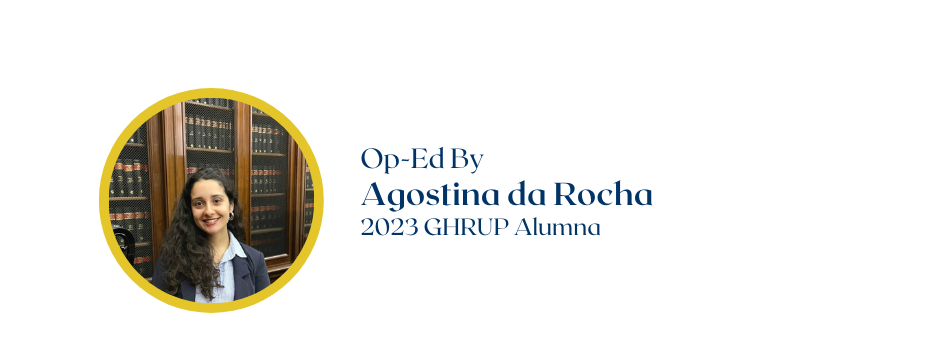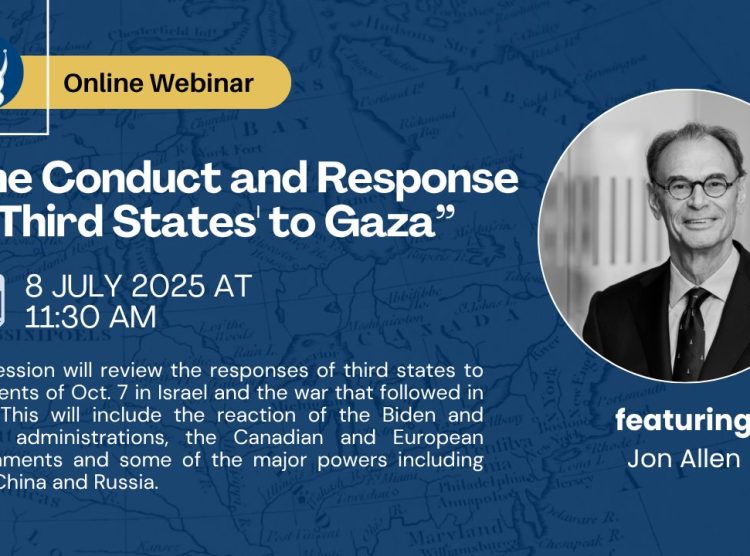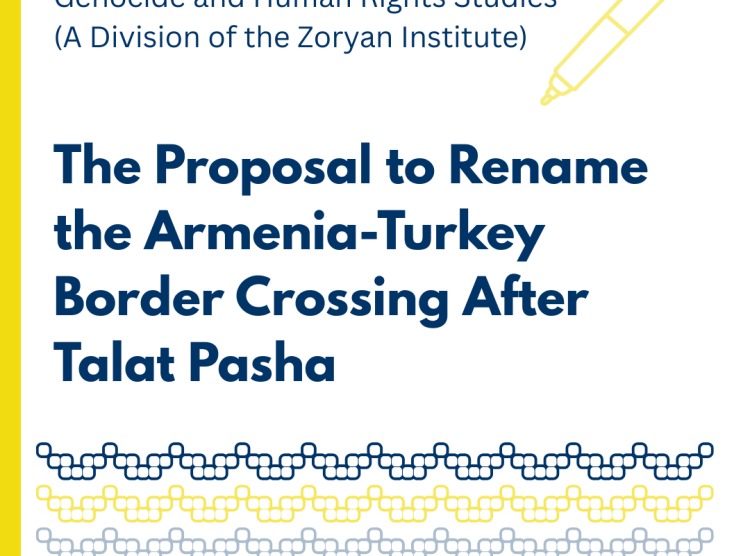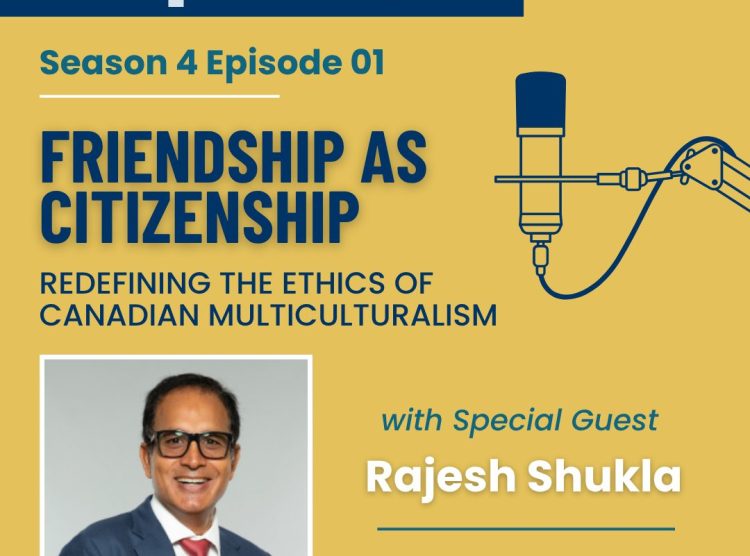Agostina da Rocha, a 2023 alumna of the Institute’s annual Genocide and Human Rights University Program (GHRUP) has prepared on op-ed on the occasion of Transgender Day of Remembrance. In her piece, Agostina attributes the violence that the global transgender population faces today to genocide by attrition, which is defined by the late genocide scholar, Dr. Helen Fein, as: “…a group stripped of its human, political, civil, and economic rights. This leads to deprivation of conditions essential for maintaining health, thereby producing mass death.”
Agostina da Rocha (she/her) is a lawyer with a focus on criminal law from the University of Buenos Aires, and a member of the work team of the Gender and Law Program of the Faculty of Law. She is a specialist in gender, diversity, and human rights issues, and an official of the Public Prosecutor’s Office of Argentina. Agostina is also a member of the research project “Criminology of Genocide and Denialisms: Contributions from the South”.
This op-ed piece was loosely based on her final graduation presentation of the 2023 GHRUP titled, Breaking the Binary: A Study of Trans Genocide by Attrition.





